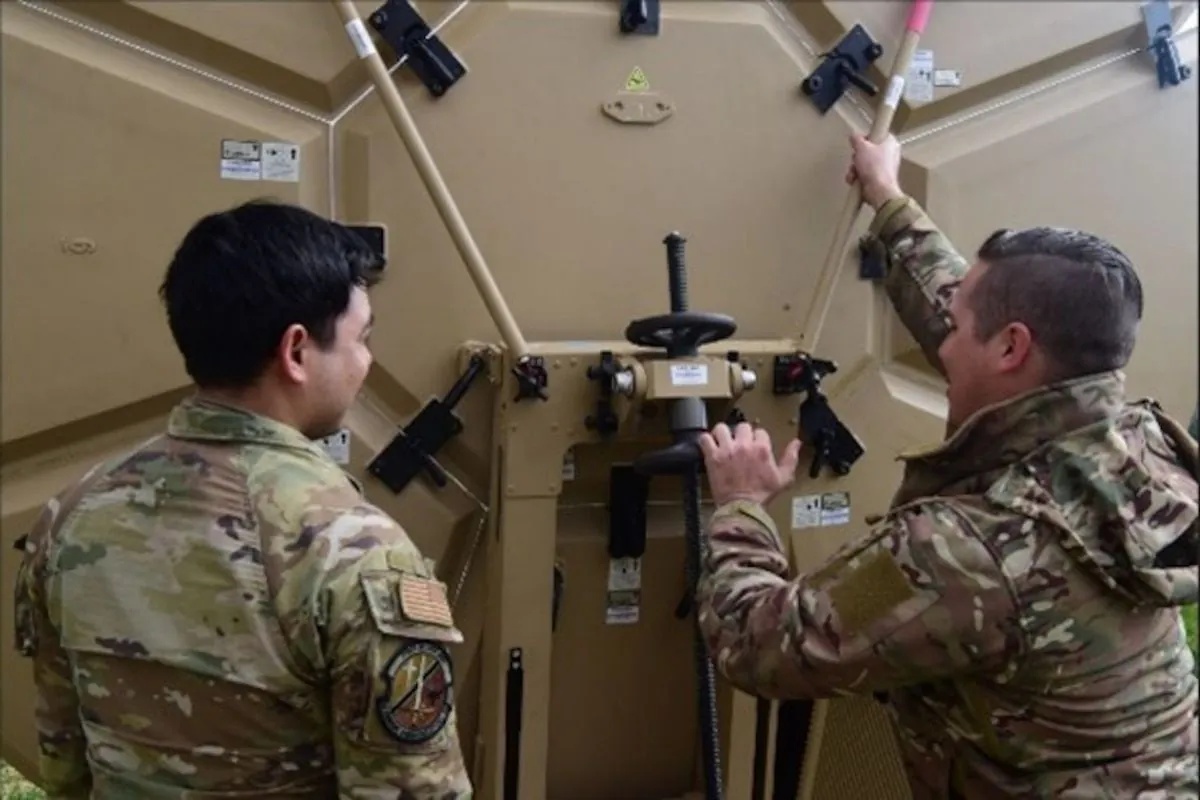U.S. Deploys Troops to Cyprus Amid Lebanon Tensions
U.S. sends small contingent to Cyprus, potentially preparing for Lebanon evacuations. Move comes as Israel-Hezbollah conflict intensifies, raising concerns of regional escalation.

The United States has deployed a small number of troops to Cyprus, a strategic move that could facilitate potential evacuations from Lebanon amid escalating tensions in the region. This deployment, announced on September 20, 2024, comes as the conflict between Israel and Hezbollah intensifies, raising concerns about regional stability.
Joe Biden's administration has taken this precautionary step as Israel openly discusses the possibility of a ground incursion into southern Lebanon. The U.S. State Department has urged American citizens to leave Lebanon, although no official evacuation order has been issued for U.S. personnel in the country.
The deployment to Cyprus, involving several dozen troops, mirrors a similar move by the United Kingdom. On September 22, 2024, Britain announced the positioning of its forces in Cyprus to assist in potential evacuations of its nationals from Lebanon.
Cyprus, the third-largest island in the Mediterranean Sea, has long served as a strategic location for military operations in the Eastern Mediterranean. Its proximity to Lebanon makes it an ideal staging ground for potential evacuation efforts. The island has been a member of the European Union since 2004, further enhancing its importance in regional affairs.

The current situation in Lebanon is particularly concerning due to the ongoing conflict between Israel and Hezbollah. Israel's military chief has stated that airstrikes in Lebanon will continue, targeting Hezbollah infrastructure and potentially paving the way for a ground operation. This escalation has led to the displacement of hundreds of thousands of people from the border region in Lebanon.
Lebanon, which gained independence from France in 1943, has a complex history with Israel. The two countries have technically been in a state of war since 1948. Hezbollah, founded in 1985 during the Lebanese Civil War, has been a major factor in this ongoing conflict. The United States has designated Hezbollah as a terrorist organization since 1997, further complicating the geopolitical landscape.
The Biden administration is actively working to contain the conflict to Gaza and has repeatedly called for diplomatic resolution of the Israel-Lebanon border crisis. Lloyd Austin, the U.S. Defense Secretary, has emphasized this diplomatic approach in his communications with Israeli Defense Minister Yoav Gallant.
However, experts warn of the potential for wider regional conflict. There are concerns that Iran, a major supporter of Hezbollah since its inception, might intervene if Hezbollah's existence is threatened. This could lead to U.S. troops facing threats throughout the Middle East if a regional war erupts.
The United States has a history of conducting evacuations from Lebanon, notably during the 2006 Israel-Hezbollah conflict. The current deployment to Cyprus suggests that the U.S. is preparing for various scenarios, including the possibility of another large-scale evacuation.
As tensions continue to rise, the international community watches closely. The situation in Lebanon is further complicated by its ongoing economic crisis, which began in 2019 and has led to severe currency devaluation. The 2020 Port of Beirut explosion also caused significant damage to the country's capital, adding to the challenges faced by Lebanon.
The presence of the United Nations Interim Force in Lebanon (UNIFIL) since 1978 underscores the long-standing international concern for stability in the region. As the situation develops, the role of diplomatic efforts and international peacekeeping forces will be crucial in preventing further escalation and protecting civilian lives.


































